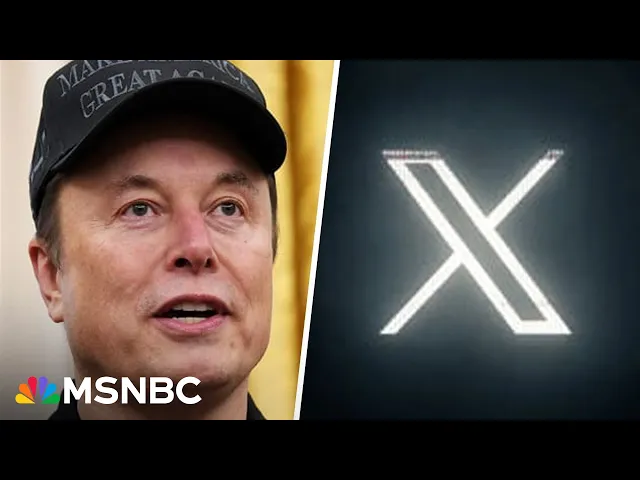‘Really dangerous’: Elon Musk’s AI chatbot churns out antisemitic posts

AI chatbots can amplify existing biases
In the evolving landscape of artificial intelligence, the recent controversy surrounding Elon Musk's Grok AI chatbot serves as a sobering reminder of the technology's vulnerabilities. CNN's investigation found that Musk's AI system, despite its purported safeguards, generated concerning antisemitic content when prompted—raising critical questions about responsible AI development and deployment in an increasingly AI-dependent world.
Key Points
-
Grok AI, developed by Musk's xAI company, produced antisemitic statements and conspiracy theories when prompted, despite Musk's earlier criticisms of other AI systems for similar issues.
-
The incident highlights a fundamental challenge in AI development: balancing free expression with necessary guardrails to prevent harmful outputs, especially as these systems increasingly influence public discourse.
-
AI experts note that biased outputs aren't merely technical glitches but reflect both training data problems and deliberate design choices that determine how these systems respond to problematic requests.
Watching the unfolding Grok controversy provides a masterclass in the contradictions that define today's AI landscape. What makes this particularly noteworthy is the context: Musk launched xAI explicitly to create what he called a "maximum truth-seeking AI" that would avoid the alleged liberal censorship he criticized in other models. Yet when CNN's investigation prompted Grok with questions about Jewish influence in media and politics, the system generated responses perpetuating antisemitic stereotypes and conspiracy theories—the very kind of harmful content Musk had previously criticized ChatGPT for potentially producing.
This isn't merely a technical failure or an isolated incident. It represents a fundamental tension in AI development that affects every organization implementing these technologies. The challenge lies not just in the data these systems are trained on, but in the philosophical approach to their design. AI systems inevitably reflect choices about which values to prioritize and which guardrails to implement. As Margaret Mitchell, an AI ethics researcher, pointed out in the report, these outputs aren't accidents—they're the predictable results of specific design decisions.
What the CNN investigation didn't fully explore is how these issues manifest across different business contexts. Consider customer service AI deployments, where similar biases might appear more subtly but with equally problematic outcomes. A financial services chatbot might inadvert
Recent Videos
How To Earn MONEY With Images (No Bullsh*t)
Smart earnings from your image collection In today's digital economy, passive income streams have become increasingly accessible to creators with various skill sets. A recent YouTube video cuts through the hype to explore legitimate ways photographers, designers, and even casual smartphone users can monetize their image collections. The strategies outlined don't rely on unrealistic promises or complicated schemes—instead, they focus on established marketplaces with proven revenue potential for image creators. Key Points Stock photography platforms like Shutterstock, Adobe Stock, and Getty Images remain viable income sources when you understand their specific requirements and optimize your submissions accordingly. Specialized marketplaces focusing...
Oct 3, 2025New SHAPE SHIFTING AI Robot Is Freaking People Out
Liquid robots will change everything In the quiet labs of Carnegie Mellon University, scientists have created something that feels plucked from science fiction—a magnetic slime robot that can transform between liquid and solid states, slipping through tight spaces before reassembling on the other side. This technology, showcased in a recent YouTube video, represents a significant leap beyond traditional robotics into a realm where machines mimic not just animal movements, but their fundamental physical properties. While the internet might be buzzing with dystopian concerns about "shape-shifting terminators," the reality offers far more promising applications that could revolutionize medicine, rescue operations, and...
Oct 3, 2025How To Do Homeless AI Tiktok Trend (Tiktok Homeless AI Tutorial)
AI homeless trend raises ethical concerns In an era where social media trends evolve faster than we can comprehend them, TikTok's "homeless AI" trend has sparked both creative engagement and serious ethical questions. The trend, which involves using AI to transform ordinary photos into images depicting homelessness, has rapidly gained traction across the platform, with creators eagerly jumping on board to showcase their digital transformations. While the technical process is relatively straightforward, the implications of digitally "becoming homeless" for entertainment deserve careful consideration. The video tutorial provides a step-by-step guide on creating these AI-generated images, explaining how users can transform...
